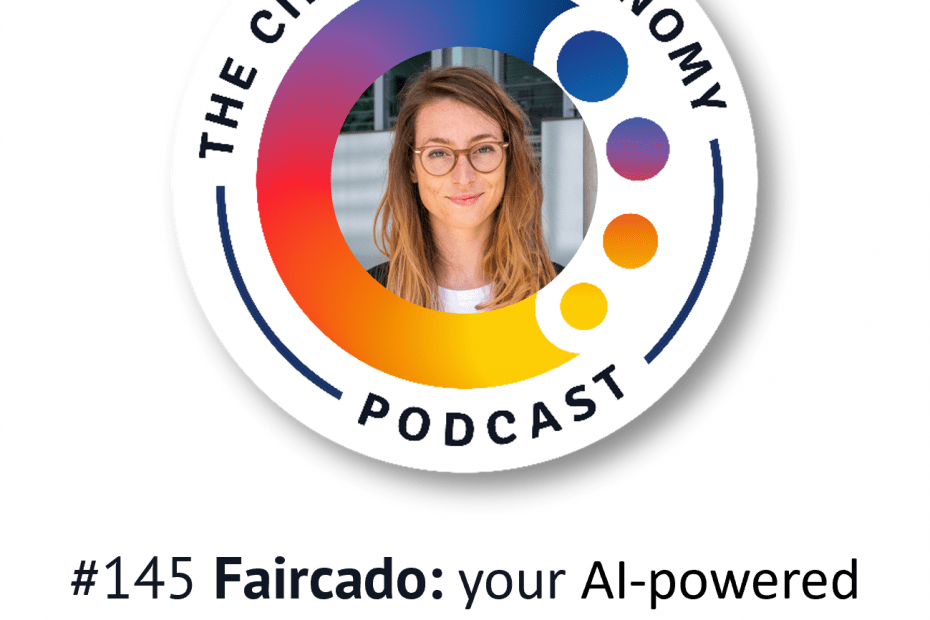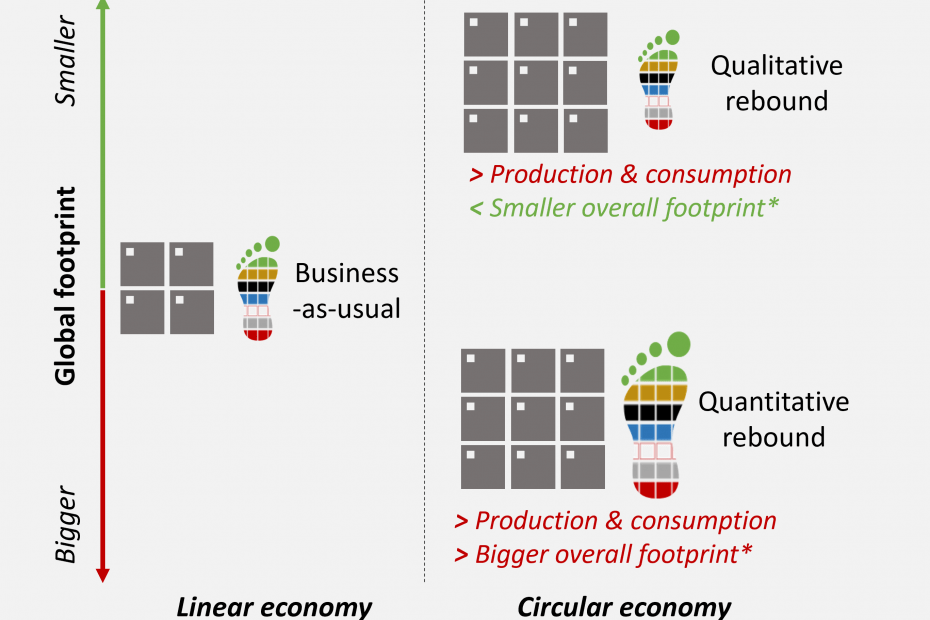145 Evolena de Wilde of Faircado: your AI-powered second-hand shopping assistant
Evolena de Wilde d’Estmael is co-founder & CEO of Faircado, a Berlin-based startup that provides the first AI-powered second-hand shopping assistant in Europe. Faircado’s technology helps people find the best second-hand alternatives to what they are searching for online. Driven by the mission to reduce global waste and support the shift to a circular economy, Faircado’s goal is to help make second-hand goods the first choice for consumers.
Evolena was born in Belgium and is proud to be an impact entrepreneur, committed to the circular economy and sustainability. She was named one of the top 100 women in social enterprise in 2022 and is an EU Climate Pact Ambassador. Evolena is also the co-founder of Solidartsy, a non-profit dedicated to bridging the art world’s gender pay gap.
Faircado is available as a browser extension, working in the background to search for second-hand alternatives to whatever you’re looking to buy, and Evolena explains why they decided to start with a browser extension rather than an app or a website.
Until recently, Faircado was available only in Germany, and yet already has 100 million products integrated from 60 different partners. Evolena talks about the numbers and the partnerships, including how this works commercially and how companies like eBay are reacting.
We hear about the underlying principles for designing the technology, and how Faircado has used research into habits and behaviours to make it easy for people to adopt.
Evolena shares some of her fascinating backstory too, which blends a deep sense of purpose with making interesting and maybe unexpected choices at various forks in the road.


